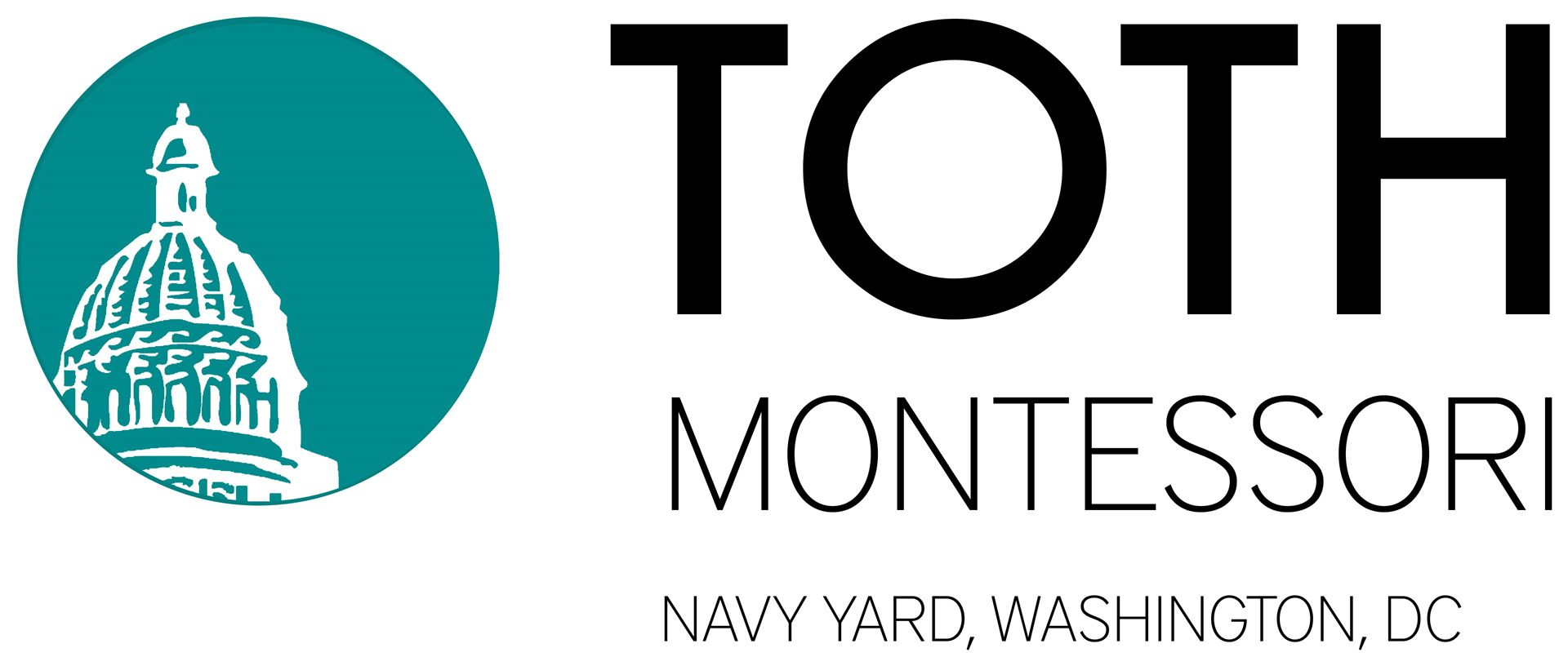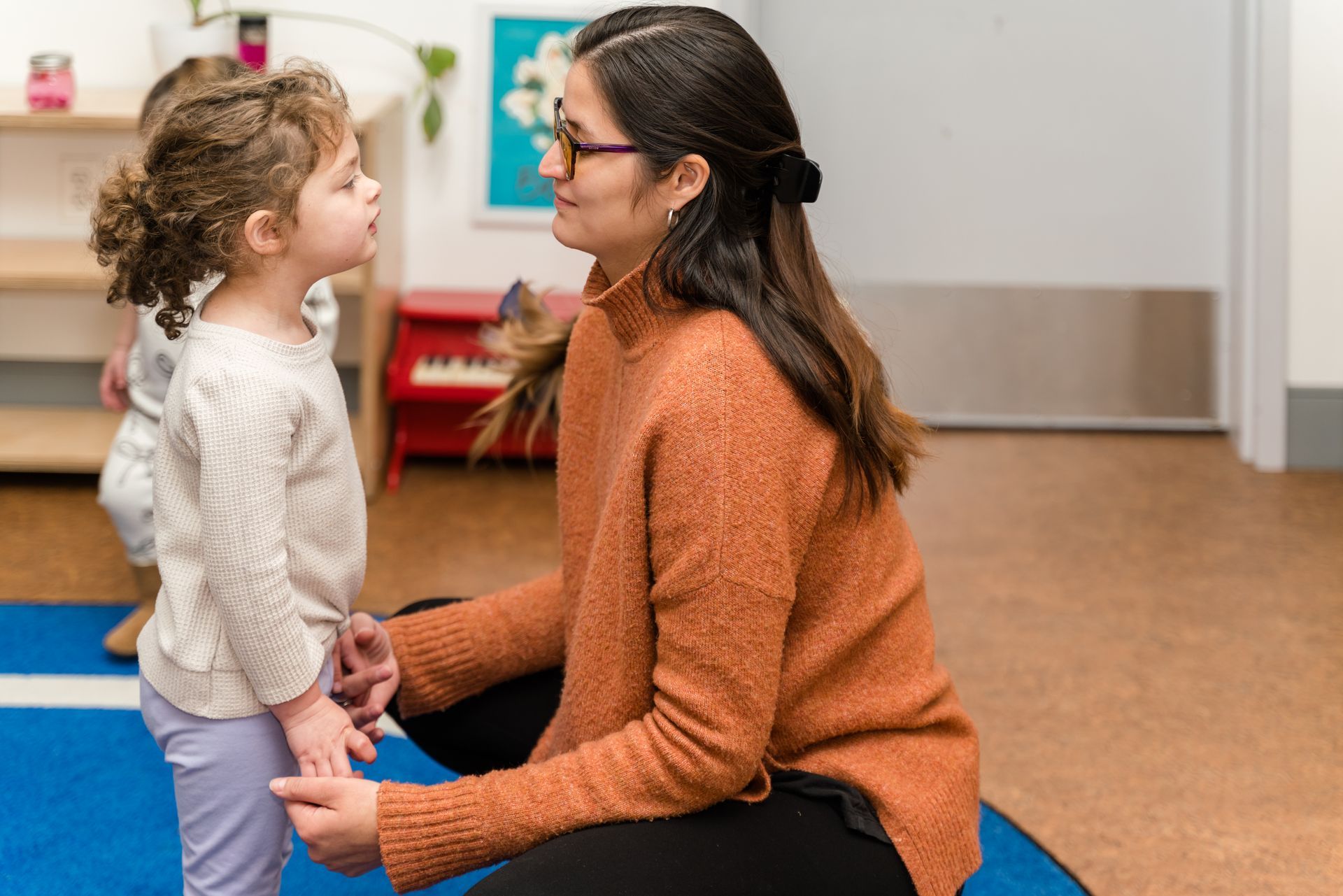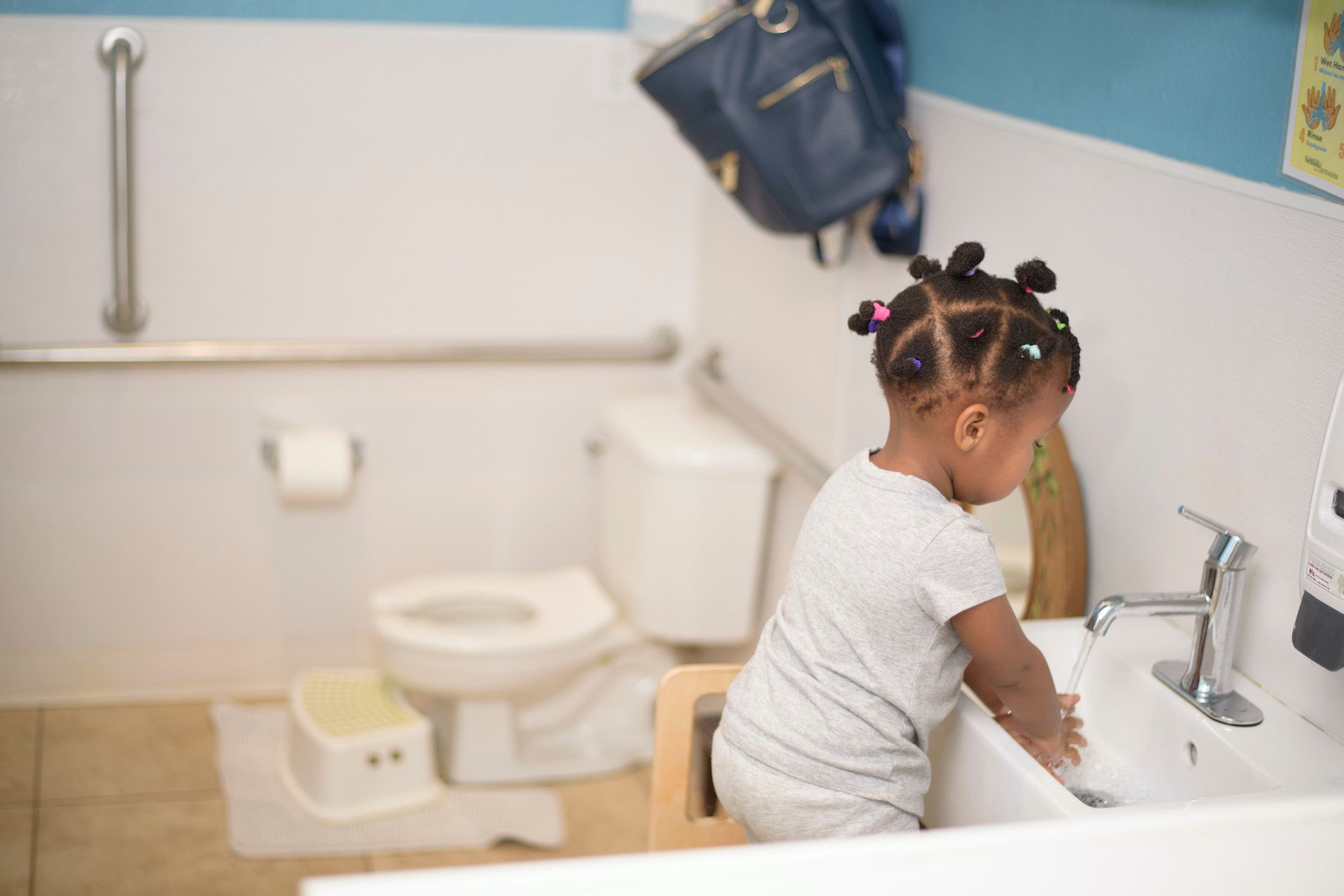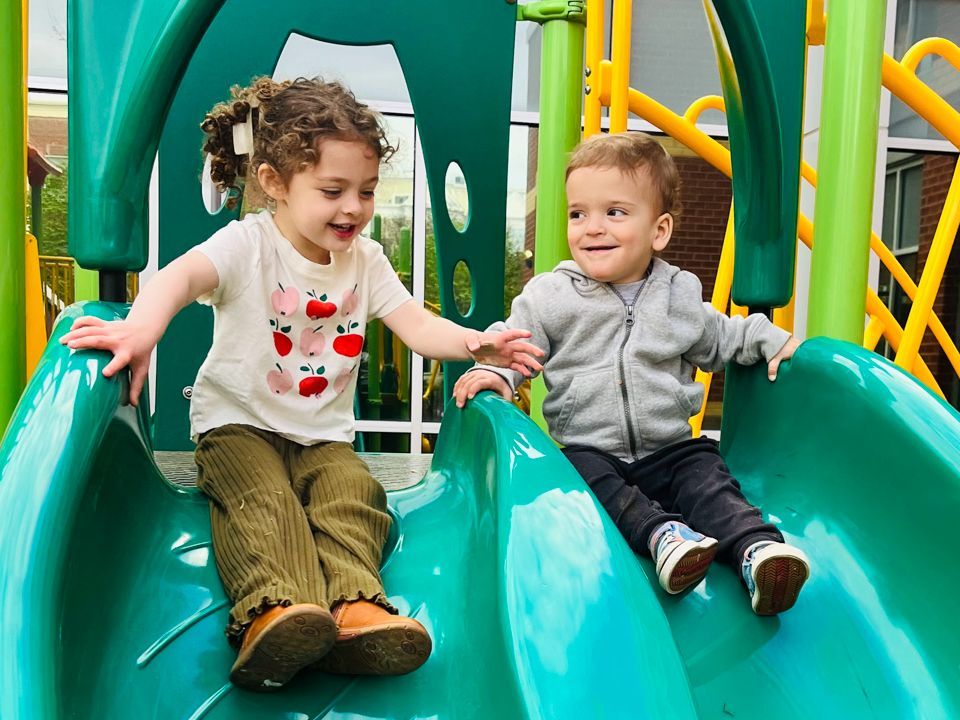The Power of Three

In Montessori, the number three shows up a lot! We have the three-hour work cycle, three-year age spans, the three-period lesson, and the three-stage learning cycle. While there is considerable spiritual significance to the number three throughout human history, in a Montessori context, the importance of these threes is grounded in scientific observation of human development, characteristics and needs during different stages of growth, and how our brains synthesize information.
Three-Period Lesson
The three-period lesson model came from Édouard Séguin (1812-1880), a physician and educator known for his work with children with disabilities. Séguin used the three-period lesson to help children make an association between an object and its corresponding term.
The three-period lesson captivates young children and rouses interest. Dr. Maria Montessori began to use three-period lessons to help young children connect language to the perception of an idea, and ultimately create a permanent acquisition in their memory. There are three discrete stages to this approach.
The First Period: Naming
This first stage of the lesson is when we introduce vocabulary and help children make the connection between their experience and the language. In this first stage, we want to isolate both children’s impressions and the matching word.
At the infant and toddler level, we start with real objects or small replicas. With young children, we have about four objects in a basket. We pick up one object and name it. We then allow a child to have a turn feeling the object and having their own sensorial experience of the item. In the process, the child brings together the name and their sensorial experience. We continue this with each object, saying the name multiple times. For example, “This is the _____. You can feel the _____. You can place the ____ here.”
We also use a similar process for introducing vocabulary through language cards which have a picture of one isolated object on the card.
As children get a little older, we start introducing language for more abstract concepts. For example, if we are introducing tactile experiences, we offer children two different tablets that are identical except for one feature: one has rough sandpaper on it and the other has smooth paper. We feel the rough tablet and say: “It is rough.” Then the child feels the rough tablet. We repeat the same process for the smooth tablet.
The Second Period: Recognizing
This is the longest part of the lesson because we want children to have many experiences with the object or quality and its name. We rearrange the objects or cards and then ask children to place them in different locations or to point to a particular one. We might ask, “Which is rough?” Or say, “Place the _____ on my hand. Place the ______ here.”
We approach this second stage in a playful, game-like way although the goal is to cement the concept in children’s memory. If children make a mistake, we do not correct. Instead, we merely reinforce the correct vocabulary: “You handed me the picture of the cheetah.”
The Third Period: Remembering or Recall
We ask children aged three and older to recall the name that corresponds to the object by isolating the object or image and asking for its name: “What is this?” If children aren’t able to remember, we just try the three-period lesson again on another day.
We don’t use this third stage with children younger than age three because they might not yet be ready to produce the sound. Plus, this request for recall isn’t a great idea to use with children when they are in their oppositional stage (around age two)!
Come visit our school to see the power three!




